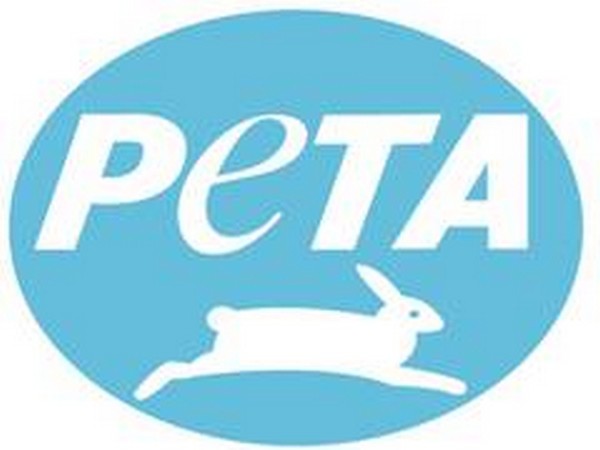PETA urges Delhi govt to 'act immediately' on horses testing positive for glanders
People for the Ethical Treatment of Animals (PETA) India on Thursday asked the Delhi Government to 'act immediately' on the issue of horses testing positive for glanders.

- Country:
- India
People for the Ethical Treatment of Animals (PETA) India on Thursday asked the Delhi Government to 'act immediately' on the issue of horses testing positive for glanders. PETA India sent a letter to Lieutenant Governor Anil Baijal and Chief Minister Arvind Kejriwal urging them to act immediately by prohibiting the keeping and use of equines - horses, donkeys, and mules - in Delhi to protect the public.
"The group pointed out that although eight horses tested positive for glanders in 2019 and 40 in 2018, no action has been taken by the Delhi animal husbandry department to prohibit the movement of equines or conduct disease surveillance as mandated by the Prevention and Control of Infectious and Contagious Diseases in Animals Act, 2009, under which glanders is a notifiable disease, and the 2019 National Action Plan for Control and Eradication of Glanders in India issued by the central government," read a press release. "We commend the action taken by the Delhi government to address the health-care challenges posed by the COVID-19 pandemic to the people in the state," says PETA India CEO and veterinarian Dr Manilal Valliyate.
"However, to protect the people of Delhi adequately from deadly zoonotic disease, glanders also has to be addressed by ending the use of horses for rides, to haul goods, for ceremonies, and for other purposes that are altogether unnecessary today, thanks to machinery and technology," Valliyate added. PETA further stated that glanders is a contagious, fatal disease in horses, mules, and donkeys caused by the bacteria Burkholderia mallei and characterised by the serial development of ulcerating nodules commonly found in the upper respiratory tract, in the lungs, and on the skin.
"Humans may become infected with the disease through contact with infected animals or inhalation. Without proper treatment, it can lead to a painful death," it added. (ANI)
(This story has not been edited by Devdiscourse staff and is auto-generated from a syndicated feed.)
- READ MORE ON:
- PETA
- Delhi
- India
- Arvind Kejriwal
- Anil Baijal
ALSO READ
Political Turmoil: Disrespect Allegations Disrupt Delhi Assembly
Delhi High Court to Hear Rabri Devi's Challenge Against IRCTC Scam Charges
Harvest Gold Teams Up with Delhi Capitals Women’s Team as Official Breakfast Partner for 2026
Surging Liquor Sales Amid Changing Excise Policies in Delhi
Tragic Elevator Accident Claims Two Lives at Delhi Crockery Factory










